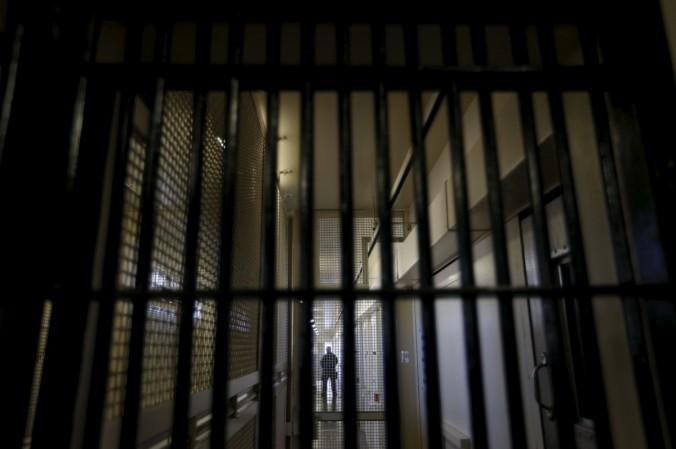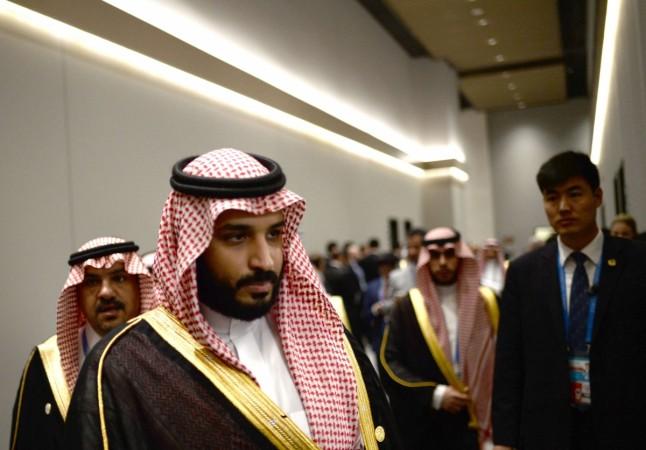
At a time when relations between the United States and Saudi Arabia aren't at its best, it looks like the cracks could widen over reports that an American citizen has been held and is "routinely tortured" by Riyadh. Walid Fitaihi, a Harvard-trained physician and dual citizen of Saudi Arabia and the US remains detained since November 2017 without any public charges or trial.
Fitaihi was held during Saudi Arabia's reported crackdown on corruption and kept at the Ritz Carlton in Riyadh for about a week. While things were known to be civil until then, Fitaihi, one day, was reportedly dragged by the guards to another room, where he was brutally tortured.
The 54-year-old confided about the harassment in a friend, who then kept a detailed account of the issue and narrated it to the New York Times on condition of anonymity. The doctor told his friend that once in the other room, he was "slapped, blindfolded, stripped to his underwear and bound to a chair." In a session that lasted for about an hour, Fitaihi said he was shocked with electricity and whipped.
The whipping was said to be so severe that Fitaihi could not sleep on his back for weeks. He was then moved to prison, where he is reportedly housed with many others who were also detained during the same corruption crackdown.
Fitaihi's attorney Howard Cooper has now written to the US State Department seeking help, in which he says that during imprisonment, the doctor "has been and is tortured at least psychologically." The attorney also said that Fitaihi's family has occasionally visited him and spoken to him over the phone, but "he has physically deteriorated" and that he appears to be "emotionally broken. Cooper also spoke to CNN about the doctor's case and said: "He has been held without any process whatsoever," and called the arrest and lack of trial "abhorrent."
After reports of the torture emerged, a Saudi spokesperson refuted the claims and told the NYT thus: "The Kingdom of Saudi Arabia takes any and all allegations of ill treatment of defendants awaiting trial of prisoners serving their sentences very seriously."
The US too has now stepped into the case and National security adviser John Bolton told CNN that the US has already raised the issue with Riyadh. "As of this moment, my understanding is we have had what's called 'consular access,' meaning American diplomats in Saudi Arabia have visited with him. Beyond that, we don't really have any additional information at this point."
A State Department spokesperson also said that Washington was looking into Fitaihi's case and added that the US will take "all allegations of abuse and torture extremely seriously."
What's next for US-Saudi relations?
The issue is now likely to cast a new shadow of doubt on the US-Saudi relations, which has already suffered quite a blow over the brutal murder of journalist Jamal Khashoggi on the orders of Saudi Crown Prince Mohammed bin Salman. Even though Riyadh has time and again denied these allegations, US senators have lashed out at the crown prince for the murder.

A group of senior senators in the US attended a closed-door meeting with the CIA on December 4, after which they said that the briefing by director Gina Haspel had solidified their belief that the murder was ordered by the crown prince.
Labelling Salman "a wrecking ball," Senator Lindsey Graham, Republican of South Carolina said that the suspicions against the crown prince had gotten stronger. "There's not a smoking gun, there's a smoking saw," the Washington Post quoted him as saying, which is a reference to the bone saw that was used to murder Khashoggi. "I think he's complicit in the murder of Mr. Khashoggi to the highest level possible," he added.
Graham went on to say that the murder had caused a breach in the US-Saudi relationship and even though the two nations have always maintained good equation, it doesn't mean that US will stand by everything Riyadh does. He also said that it was now time for Washington to come down on the government in Riyadh like "a ton of bricks."
"Saudi Arabia's a strategic ally and the relationship is worth saving - but not at all costs," Graham said, adding that he could not support the sale of arms to Saudi Arabia any more.

















